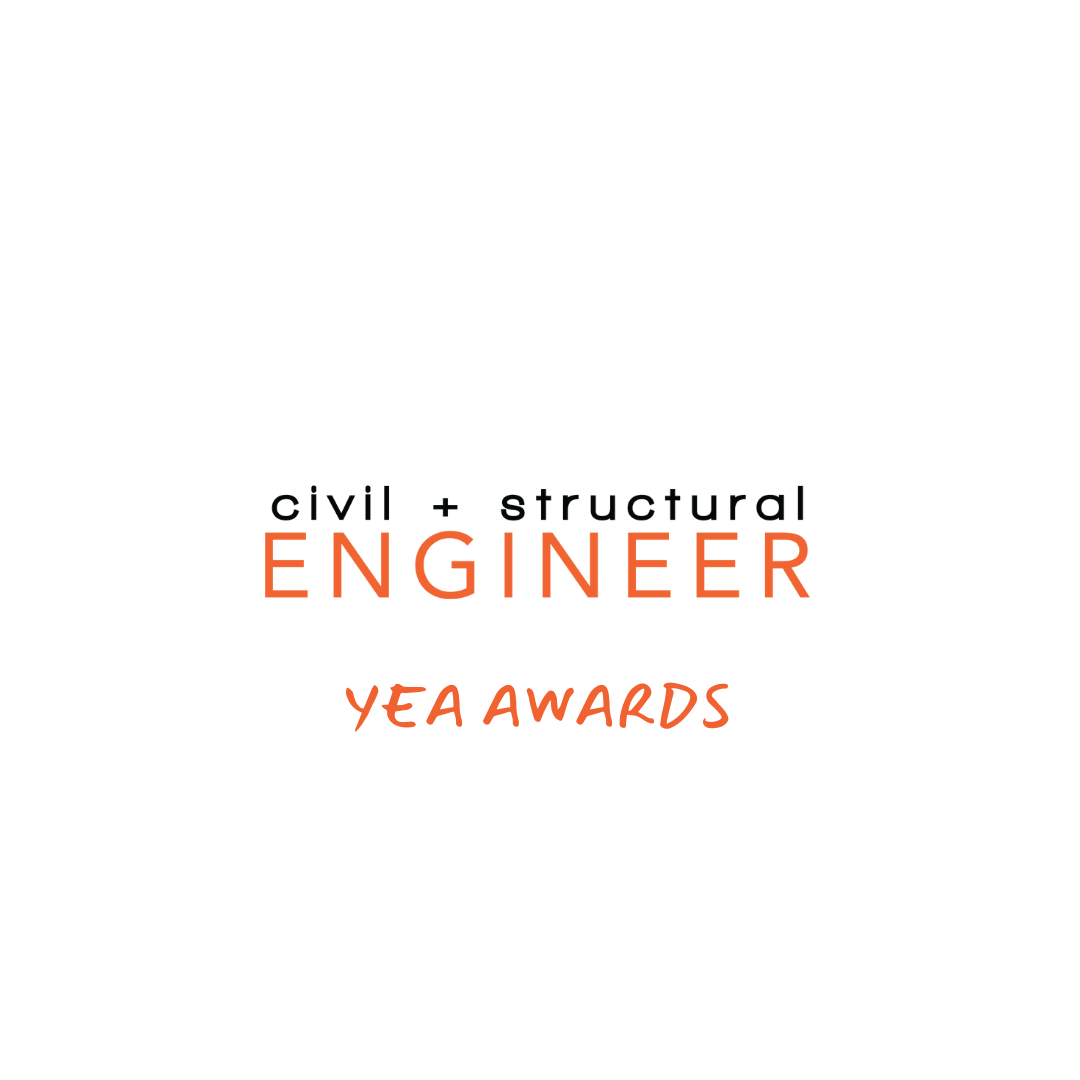
Our Dream
When we re-invented chainmail in 2007 using polycarbonate we always believed we could create a product that embodied the idea of material reuse. It took a while for technology to catch up with our dream.
RE/8 architectural mesh is comprised of an industry-first ISCC PLUS Bio-circular Makrolon RE by Covestro, a leading global producer of advanced polymers.
Introducing RE/8™ bio-circular architectural mesh by Kaynemaile
Reduction in the carbon footprint of the base polymer material by up to 80%
Features high performance Makrolon® RE polycarbonate from Covestro
100% chemically identical to incumbent fossil equivalent
A true drop-in solution with no process interruption
LEED-enabled, circular economy, supports GHG reduction targets
Pioneering nil-waste liquid-state manufacturing process
70% reduction in solar gain on exterior installations
ISCC PLUS certified
Want to know more?
Does RE/8 contain Recycled Plastic?
Kaynemaile’s RE/8 is made using Makrolon RE, a new bio-circular polycarbonate from industry leaders Covestro. This bio-circular polycarbonate is used at the very start of the production process and does not contain any recycled plastics.
Makrolon RE is produced using the same existing chemical infrastructure as traditional fossil-fuel based polycarbonates, but sources bio-based raw materials (commonly referred to as ‘feedstocks’) from an existing commercial bio-waste supply chain.
The bio-circular feedstock isn’t compromised by unknown recycled plastics being added during processing and offers the same quality both chemically and mechanically as traditional fossil-fuel derived polycarbonates.
Recycled plastic vs bio-circular plastic; what’s the difference?
Recycled plastic content is typically reprocessed by granulating and mixing with fossil fuel derived plastic carriers or other chemical binding agents. This recycled material can often introduce unknown levels of chemical contamination as well as emit VOCs and other chemical residues. This can effect the physical and optical properties of products that use the recycled content. Additionally, the simple act of mixing new and old plastics together (which is often done to save costs) directly reduces the potential of a single-source or new plastic to be reprocessed or considered a circular material.
To manufacture RE/8 we use a bio-circular plastic which is essentially a new, clean material made using alternative raw ingredients (often referred to as feedstock). This feedstock is sourced from an ISCC Plus certified bio-waste supply chain. This bio-based feedstock is typically derived from sources such as used cooking oils, forestry waste and a wide variety of production wastes that otherwise would head to the landfill or be incinerated (releasing more carbon into the environment).
Our Supply Chain
Certified Renewable Energy. Meridian, The power to make a difference.
Meridian’s Certified Renewable Energy product was created for businesses that want to show they care about the future of our planet by demonstrating their preference and support for 100% renewable energy generation and their commitment to sustainability.
Efficient manufacturing
Our unique manufacturing process means we only produce what we need, creating minimal waste.
RE/8 does not contain “recycled plastics”, RE/8 is 100% recyclable, made via a nil-waste production process using only certified renewable energy, and most importantly, is future-proofed via being a certified Bio-circular economy-enabled material.
We don’t use any glues, solvents, paints, oil, or greases in our unique manufacturing process of the RE/8 material.
Any off-cuts are re-ground back into our manufacturing process – it really is full circle.
Made locally and supporting local business
Kaynemaile is proudly 100% designed and made in New Zealand.
Social Responsibility
We make everything here in our Petone, New Zealand factory so have complete control over our supply chain and working conditions.
All permanent workshop staff employed by Kaynemaile are paid above the New Zealand living wage.
Operation Clean Sweep Accreditation
Kaynemaile has been independently audited as part of the Operation Clean Sweep programme, and has committed to adopting recommended practices to keep raw materials and other pollutants out of New Zealand waterways and oceans.
Awards for Sustainability
Fast Company’s 2024 Innovation by Design Awards
RE/8 mesh has been named an honoree in three catergories: Biodesign, Circular Design, and Materials
Architizer A+ Products Awards 2024
Popular Choice Winner - Sustainable Design Category
Architizer A+ Products Awards 2024
Jury Winner for 'Building Envelopes, Cladding & Roofing'
Architectural Record Products of the Year
RE/8 mesh is a winner in Architectural Record magazine’s Record Products of the Year (Building Systems and Components) in recognition of its full-scale sustainability initiatives.
Yearbook of Engineering Achievement Award
We are thrilled to have been selected as a winner of the Yearbook of Engineering Achievement Award!


















